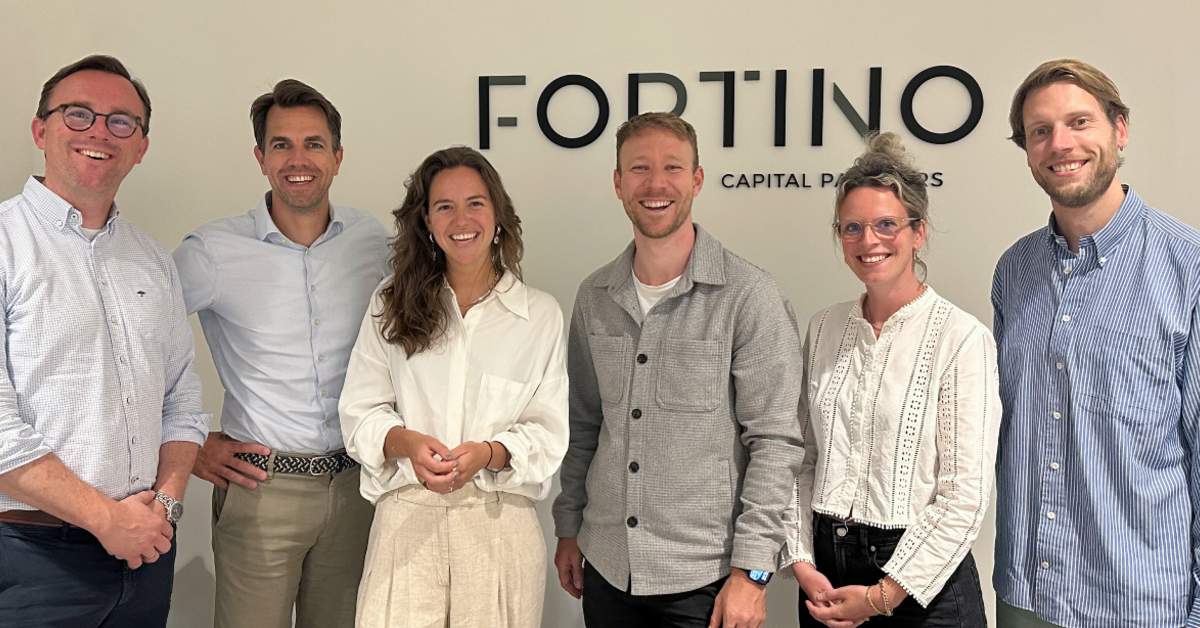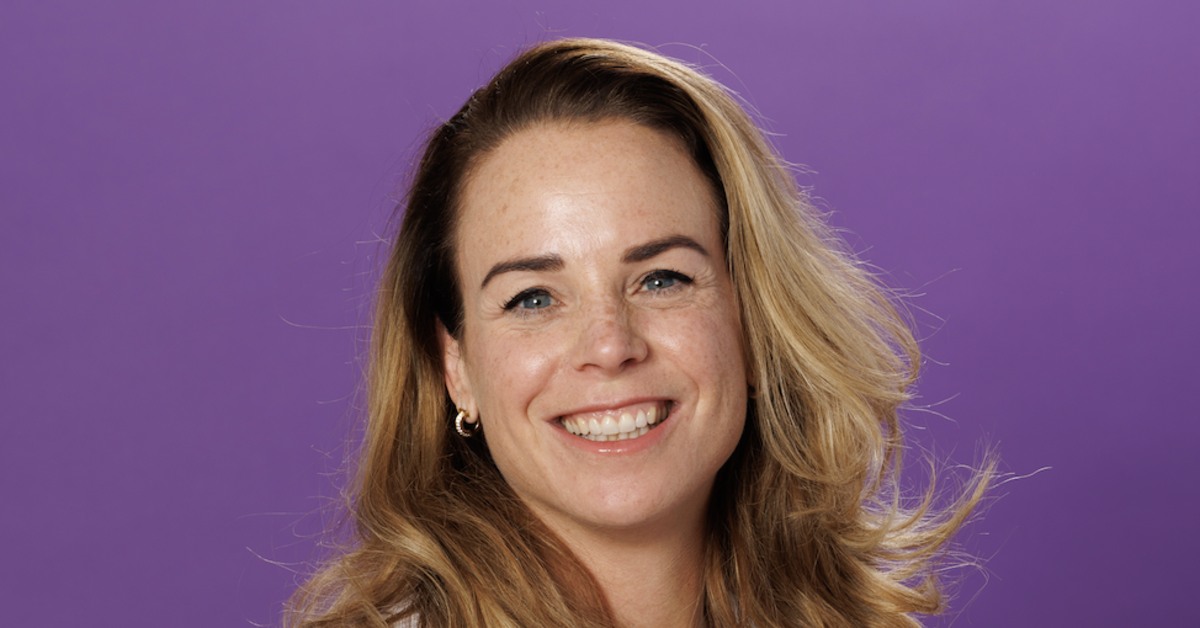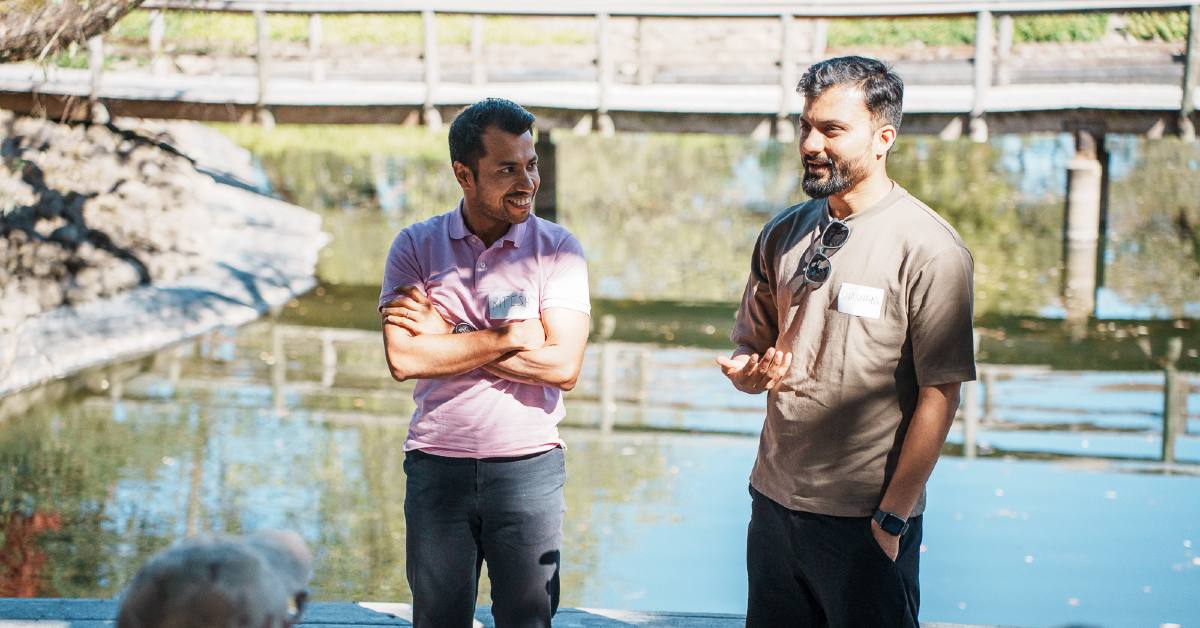Ideas about the way we think of ownership change. Sustainability and socially involved marketing strategies are working. More and more upcoming businesses focus on the subject of sharing in order to build a network of paying customers. Why do we increasingly share rather than own the things we want? This article takes a closer look at how these trends are evolving and what consumer response to these developments has been like so far.
Different times demand new ideas
Throughout history there has always been a tendency for the younger generation to rebel against traditional structures. After the big World Wars, consumption, development and growth became the main pillars which our western societies are built on. But the North American and Western European consumer culture is undergoing a transformation. New ideologies like sustainability are becoming popular due to a combination of factors. We have seen years of rapid technical development, combined with the enormous growth of internet. These developments were recently followed by the economic crisis and an increasing awareness for environmental issues.
Sharing is caring
When we look into the contemporary and popular world of Startup, we can see a tendency towards a more sharing based ideology that underline concepts as flexibility, accessibility and community. Examples of this new business styles are peer-to-peer accommodation (AirBnb) , transportation (Toogethr), on demand household (Netflix) & professional services (Teamleader) and collaborate finances (Crowdfunding). Examples of these new businesses are popping up everywhere, entrepreneurs try to find new ways of financing their ideas and consumers are really aware of how they are spending their money.
Transumers are the new consumers
Back in 2003, Fitch – the global design and business consultancy-, came up with a term that suits the consumer-who-does-not-want-to-own perfectly: ‘transumer’. This consumer does not want to own, but rather prefers to experience. Products become less valuable, instead the experience and the connection with others are the transumer’s higher aims. This sounds a little wooly but it means that transumers wants to free themselves from the hassle of permanent ownership and possession. It is not only the young and free who are aim for this goal. According to PWC, 50% of the American providers in the sharing economy are between 24 and 44 years old. This could be very well be because of cost-saving reasons.
Put your money where your heart is
Another key point in all this sharing and connecting is community building. By exchanging, swapping and renting, networks become bigger and recognizable. And that is exactly what successful new Startups like for example Motoshare, Djeepo and Camptoo have in common. Martijn Peeters from Camptoo emphasizes paying attention to your customers is essential for any sharing economy startup: “We are working together with our users to further improve our service, listen to their feedback and build the best motorhome sharing platform out there globally.” Motoshare actively facilitates contact between its users, who are all connected with their shared passion for motorbikes. ‘After all, it is nice to meet people who are passionate about the same thing as you are’, the mobility startup says.
Sustainable, affordable and easily accessible
With the trend of sharing based startups, consumers and companies get to benefit from each other, and often in a sustainable, affordable and easy way. Also, services are accessible and available for everyone. Consumer Behavior Scientist Russell Belk described this development as follows: “The “Consumers circle of sharing” has recently expanded from one entailing primarily family and close friends to a public, community wide circle facilitated by the Internet and various local and national organizations”. The way in which people identify themselves determines their consumer behavior.
Reflection of reality
When products we used to buy and own become products we use for a short amount of time, ideas about the concept of ownership turn into more flexible ideas. We are not stuck, we can always end our participation, and we feel more connected with the people we share with. Scientists Sharon Zukin and Jennifer Smith Maguire already described this development back in 2004: “Consumption is an Economic, Social, and Cultural process of selecting goods, reflecting the opportunity and limitations of modern life”. The new shared economy spirit in business world is therefore an important phenomenon that give us an idea about (new) aspirations of the younger generation: Instead of using sharing as a form of rebellion against the oldies, they are trying to make money out of it!
How will this trend towards sharing evolve?
There are many ways the trend towards more sharing and less ownership can evolve. PWC recently looked ahead and predicts that Europe can become the biggest global hub and innovation incubator. But in order for the old continent to reach that position, there needs to be more attention for a ‘more balanced, coordinated and dynamic regulatory framework’. Also, solutions on the trust-issue, that sometimes occur when renting out and paying online, need to be solved in order to work towards a future in which sharing based companies can fully take over their traditional counterparts.
Header image and Houses image by Shutterstock.










01
From telecom veteran to Dutch Startup Visa success: The Jignesh Dave story